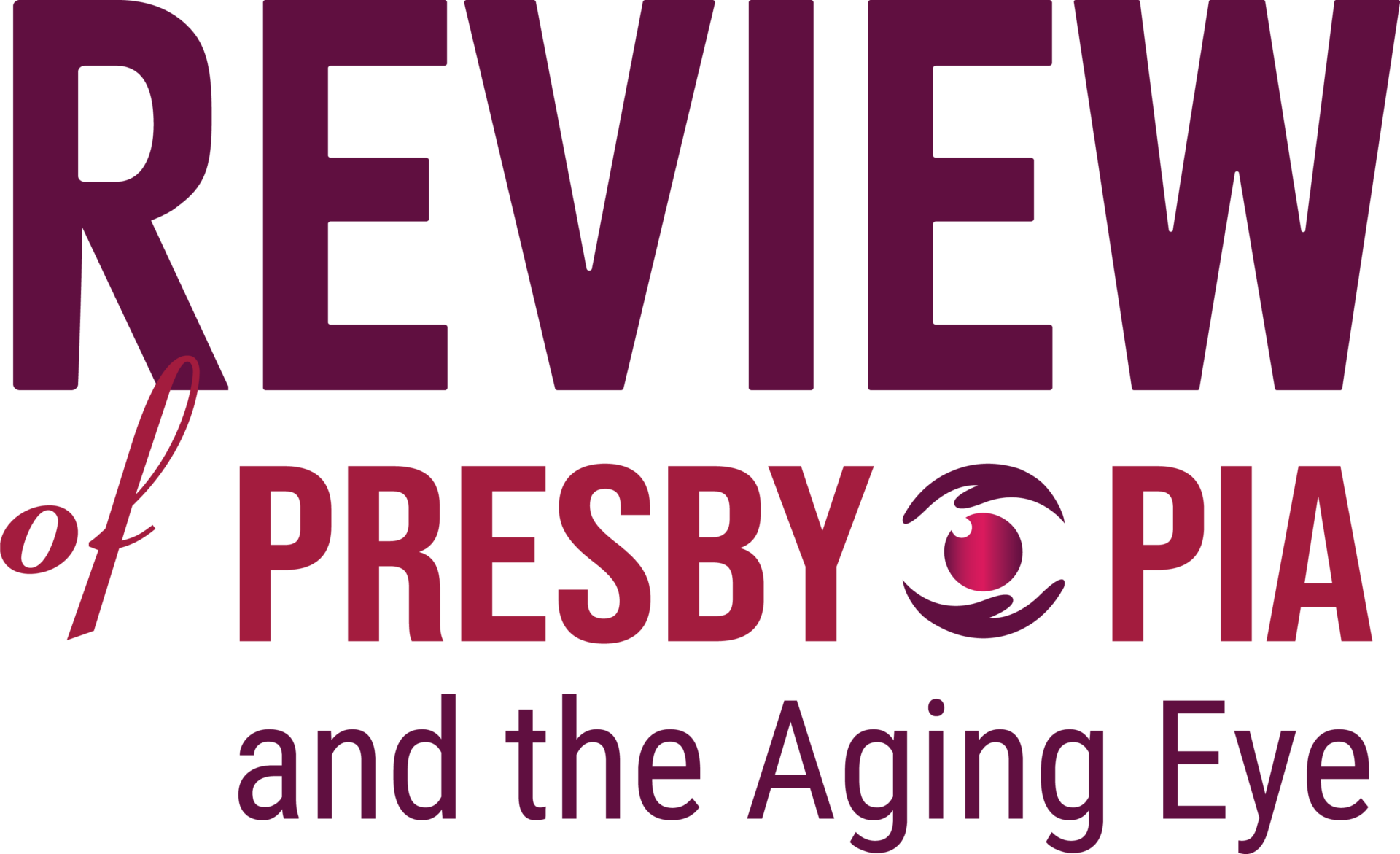April 28, 2023
Although ocular surface disease may appear to be merely a bothersome condition rather than a vision-threatening eye disease, there are several reasons why it is crucial to immediately start treating your patients who have it. This is especially true for patients over 45 years old, who are more prone to developing this condition, as early identification and management can help prevent potential long-term harm to the ocular surface.
Dry Eye Can Affect Work Productivity
Numerous studies have been conducted to assess how dry eye disease affects one’s productivity at work. Given that dry eye is more prevalent among people who use digital devices, it is important to address any level of dryness in these patients. A decrease in work efficiency can arise from two forms of work behavior, namely, absenteeism, which refers to the act of being absent or leaving early, and presenteeism, a concept that denotes employees being physically present at work but not performing at their optimal level.1
Studies indicate that individuals with dry eye take an additional two to five days off work per year and experience dry eye symptoms while on the job for approximately 191-208 days annually.2 According to an online survey, individuals in every dry eye severity category reported a decrease in productivity while at work.3 Moreover, a study conducted in 2021 revealed that increased symptom scores on the Ocular Surface Disease Index (OSDI) were linked to greater levels of absenteeism, presenteeism, and activity impairment.4 In this study, individuals had a mean age of 58 years of age and 81% were women. With older age, mean dry eye signs (corneal and conjunctival staining, TBUT, and Schirmer’s) were significantly worse with older age.4 This study demonstrates that the OSDI is correlated with lower work productivity. Since dry eye symptoms have a negative economic impact, the management of dry eye symptoms is beneficial economically.
Quality of Life Can Suffer Because of Dry Eye
Dry eye patients report symptoms such as dryness, grittiness, pain, light sensitivity, and blurry vision that can have a severe impact on patients’ quality of life.6 The pain caused by dry eye disease can lead to both psychological and physical consequences.6 Additionally, the resulting blurry vision can limit everyday activities such as reading, driving, and using digital devices.6 Furthermore, the expenses associated with treating dry eye disease and the chronic and persistent nature of its symptoms can have a significant impact on an individual’s social life.6
Individuals with dry eye disease are three times more likely to experience difficulties with routine activities such as driving, reading, using computers, performing professional work, and watching TV compared to those without the condition.7 This underscores the substantial burden that dry eye disease can impose on an individual’s daily functioning. Though further studies are needed in this area, several studies have shown an association between dry eye disease and depression.
There Is an Economic Burden Attached to Dry Eye
The loss of productivity is tangible, and the annual cost of work productivity loss associated with dry eye was estimated to be $799 per person based on the difference in cost between the dry eye group and the control group.5 This study suggests that if 10% of individuals with dry eye receive medical treatment, increased productivity will reach $939-$1,539 million. If 50% receive medical treatment, increased productivity will reach $4,694-$7,693 million.
A different study evaluated the direct and indirect annual cost of treating dry eye disease in the United States from a societal and payer’s perspective.8 In a survey of 2,171 individuals with dry eye disease, from the payers’ perspective, the average annual cost of managing a dry eye patient was $783. On a nationwide level, the overall burden of managing dry eye disease for the U.S. health care system would be $3.84 billion. For the U.S. society overall, the average cost of managing dry eye disease was predicted to be $11,302 per patient and $55.4 billion to the U.S. society.
Dry eye disease can reduce work productivity, decrease quality of life, and have a significant economic burden on society as a whole and on the payer. It is essential to treat dry eye disease for our patients to not only improve their personal and professional lives, but to reduce the economic burden on society.
References
1 Yamada M, Mizuno Y, Shigeyasu C. Impact of dry eye on work productivity. Clinicoecon Outcomes Res. 2012;4:307-12. doi: 10.2147/CEOR.S36352. Epub 2012 Oct 10. PMID: 23091391; PMCID: PMC3471464.
2 Reddy P, Grad O, Rajagopalan K. The economic burden of dry eye: a conceptual framework and preliminary assessment. Cornea. 2004 Nov;23(8):751-61. doi: 10.1097/01.ico.0000134183.47687.75. PMID: 15502474.
3 Patel VD, Watanabe JH, Strauss JA, Dubey AT. Work productivity loss in patients with dry eye disease: an online survey. Curr Med Res Opin. 2011 May;27(5):1041-8. doi: 10.1185/03007995.2011.566264. Epub 2011 Mar 21. PMID: 21417803.
4 Greco G, Pistilli M, Asbell PA, Maguire MG; Dry Eye Assessment and Management Study Research Group. Association of Severity of Dry Eye Disease with Work Productivity and Activity Impairment in the Dry Eye Assessment and Management Study. Ophthalmology. 2021 Jun;128(6):850-856. doi: 10.1016/j.ophtha.2020.10.015. Epub 2020 Oct 15. PMID: 33068617; PMCID: PMC8046838.
5 Yamada M, Mizuno Y, Shigeyasu C. Impact of dry eye on work productivity. Clinicoecon Outcomes Res. 2012;4:307-12. doi: 10.2147/CEOR.S36352. Epub 2012 Oct 10. PMID: 23091391; PMCID: PMC3471464.
6 F. Stapleton, M. Alves, V.Y. Bunya, I. Jalbert, K. Lekhanont, F. Malet, et al. TFOS DEWS II epidemiology report Ocul Surf, 15 (3) (2017), pp. 334-365
7 Miljanovic B, Dana R, Sullivan DA, Schaumberg DA. Impact of dry eye syndrome on vision-related quality of life. Am J Ophthalmol 2007;143:409-15
8 Yu J, Asche CV, Fairchild CJ. The economic burden of dry eye disease in the United States: a decision tree analysis. Cornea. 2011 Apr;30(4):379-87. doi: 10.1097/ICO.0b013e3181f7f363. PMID: 21045640.





